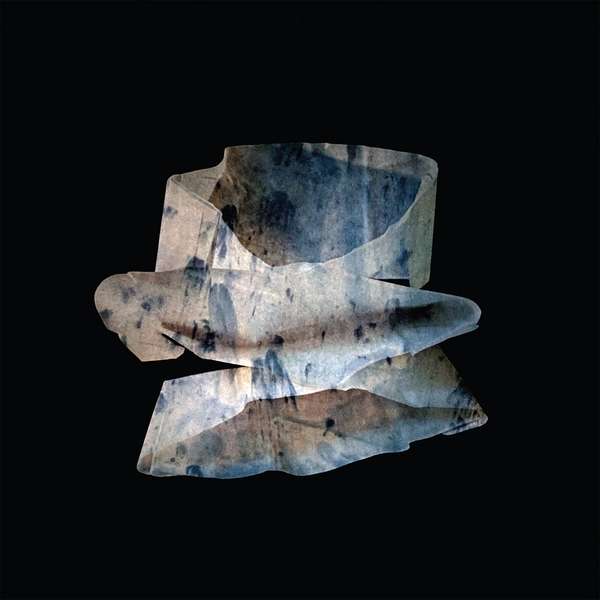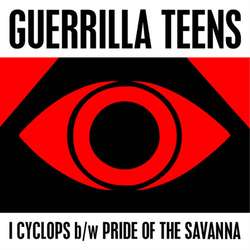Ava Mendoza appeared in the avant-rock scene in the '10s, and throughout the decade, she defined many works with her adventurous guitar playing and tonality. She made her mark through projects like Unnatural Ways, the trio with Tim Dahl and Sam Ospovat, and her split release with Sir Richard Bishop of Sun City Girls, Ivory Tower. Along her journeys, she collaborated with violinist extraordinaire, gabby fluke-mogul, in a larger band setting. Now, the two reunite and are joined by extreme metal drummer, Carolina Perez to produce an ambitious full-length in Mama Killa.
I was expecting a crazed, jazz-infused recital from the get-go, but the trio touches upon many diverse sounds and aesthetics. The first to appear is a post-hardcore vibe, originating from the crisp, fluid guitar playing in "Puma Punku." It further evolves through Mama Killa, but it is with "Amazing Graces" that it fully exposes a contorted Fugazi-styled poignancy, moving closer to the latter adventurousness of The Messthetics. "Nowhere But Here" continues to chase that dragon, but here the drone elements push the endeavour toward alien paths.
This is where Mendoza and fluke-mogul shine, providing a richness to the sonic background with their instrumentation. The drone space opens as immense feedback is let loose, turning into an all-encompassing manifestation in "Mama Huaco." The gruelling start is exquisite, as if you are slowly being dragged through sandpaper. It invokes Earth's majesty, something that further unfolds with the doom injections in "Trichocereus Pachanoi." The sluggish progression is surprising; the descent toward a more defined metallic lineage pierces through. Perez further unearths this side, bringing in her extreme metal background to unleash a blastbeat-driven mayhem in "We Will Be Millions." It stops short of fully blossoming into death metal, which feels like a missed opportunity, but the intrusion of blasbeats still breathes fresh air into the improvisation.
On the other end of the spectrum, fluke-mogul's violin adds great depth, enhancing the drone dimension. After the blastbeats in "We Will Be Millions," its stunning passages offer transcendence as they morph from melody into dissonance and back again. The tone is emotive, but it does not hide from its true experimental form. "Parter Party" sees the violin take the lead, exploring a folk-tinged space, but with a crazed, free-spirited approach that adds imbalance. The interplay here is spectacular, as guitar and drums join in, showcasing the trio's improvisational prowess.
It naturally clicks with the always present, yet sometimes lurking, free-rock and jazz-adjacent mentality. The record always feels unstable, like a slight push will result in utter chaos. "Mama Huaco" shows the delicate balance, as drone serenity and free-rock playfulness combine, injecting a fragment of unpredictability into the unmoving sonic tapestry. I think moments like this would make Keiji Haino proud, as they also allow for a detour into the psychedelic. The closing track, "Mama Coca," takes this approach, as the trio works together to create a hazy, otherworldly procession through moving melodies and deliberate rhythms.
Mama Killa does not just deliver on its premise, it expands it, revealing the trio's range and their refusal to be pinned down. It is a record of wild possibility, coiled tension, and sudden catharsis. Whether this is a one-off or the beginning of something longer-lived, it feels like a statement. Punk urgency, drone hypnosis, free-rock psychedelia, and metal extremity can all coexist. Maybe not neatly, but thrillingly.



